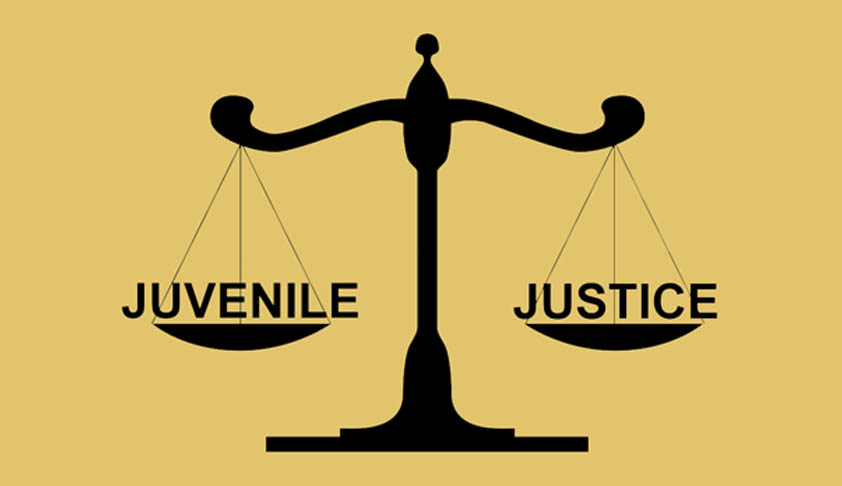A Joint Statement has been issued by the legal luminaries in India, expressing their concerns over the Juvenile Justice Bill.The Joint Statement says, “We, the members of legal fraternity charged with the responsibility of ensuring rule of law based on the principle of justice equity and good conscience, condemn violence against women but do not believe that sending the children to jail is...

